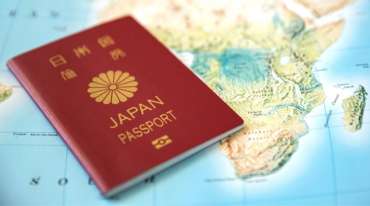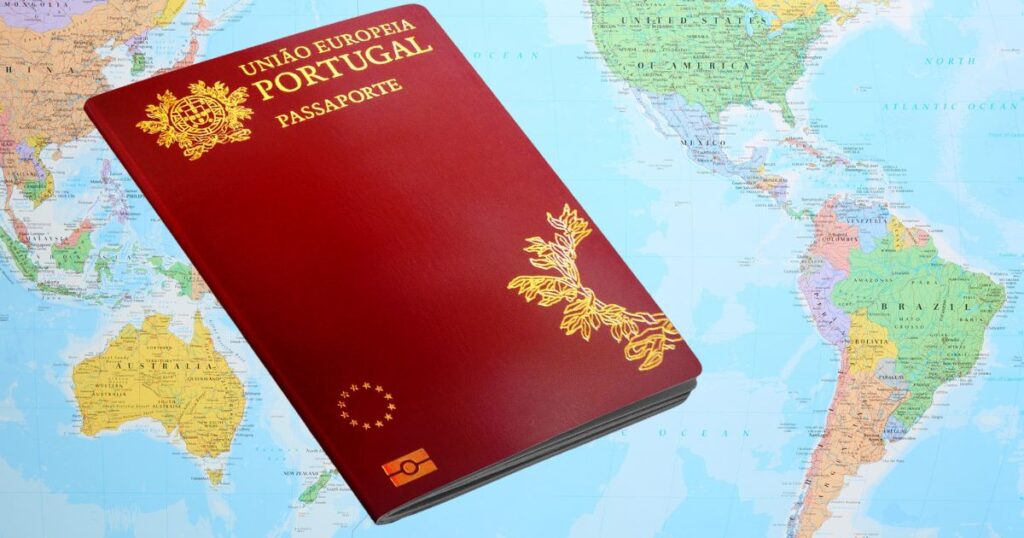Japan is one of the difficult countries in the world for foreigners because of strict immigration policies and a low acceptance rate for foreign citizens seeking permanent residency or citizenship. Foreigners can acquire japanese citizenship by marriage or naturalization. It is important to understand that Japan recognizes only one citizenship.
The Japanese Nationality Act (Law No. 147 of 1950) defines the requirements for acquisition and loss of Japanese nationality. Naturalization gives Japanese nationality, with the permission of the Minister of Justice, to those who wish to acquire Japanese nationality.
General conditions for marriage
The specific requirements for obtaining citizenship through marriage in Japan include:
- Residency: The spouse must have lived in Japan for at least 5 years on a long-term visa.
- Language proficiency: The spouse must demonstrate a sufficient understanding of the Japanese language.
- Background check: The spouse must pass a background check, including a criminal record check.
- Marriage: The marriage must be legally recognized in Japan and both partners must be in good standing.
- Application: The spouse must submit a citizenship application, including supporting documentation and a fee.
General conditions for Naturalization
The general conditions for naturalization are as follows
- Domicile – The person must have been domiciled in Japan for five years or more consecutively and must have had a valid status of residence throughout the prescribed period of time. You must spend 80% of 365 days in Japan. Permanent Residents can lose their status if they leave the country for 3 years or longer, and in the event of an extended absence, must obtain a re-entry permit.
- Capacity – Must be over 20 years old. From April 1, 2022, the person must be 18 years of age or more, and of full capacity to act according to the law of his/her home country.)
- Conduct – The person must be of upright conduct. The determination of conduct will be based on social conventions with ordinary individuals as the standard, considering the existence of a criminal record, their tax payment status and whether they have disturbed society.
- Livelihood – The person must be able to secure a livelihood in Japan. This condition will be judged on the basis of a family unit to make a living. Even if an applicant does not have an income, if a secure livelihood can be ensured through the property or skills of their spouse or relatives, this condition will be met.
- Prevention of multiple nationality condition (dual citizenship) – Those who wish to be naturalized must either have no nationality or, in principle, lose their nationality by naturalization. As an exception, in cases where the nationality of the country cannot be lost regardless of the intention of the person, naturalization may be permitted even if this condition is not met (Article 5, Paragraph 2 of the Japanese Nationality Act).
- Constitutional compliance condition – Those who have themselves or have formed or belong to an organization plotting or advocating the overthrow of the Japanese government will not be given permission to naturalize.
- Language – Equivalent to 7-8 years of Japanese (basic understanding in Kanji, Katagana and Hiragana)
Furthermore, even if these conditions are met, naturalization may not always be permitted. These are the minimum conditions for naturalization in Japan. In addition, some of the above naturalization conditions have been relaxed for foreign nationals (those born in Japan, or who have a Japanese spouse, Japanese child or once had Japanese nationality) who have a special relationship with Japan (Article 6 through Article 8 of the Japanese Nationality Act).
In Japan, applications must be launched at Office of Legal Affairs Bureau or Regional Bureau of Legal Affairs that has jurisdiction or at consulates in a foreign country.
Documents Required
The following are the main documents required to apply for naturalization permission.
| 1 | Application for Naturalization Permission (A photograph of the applicant is required) |
| 2 | Documents describing general information about relatives |
| 3 | Statement of purpose for naturalization |
| 4 | Resume |
| 5 | Documents describing outline of livelihood |
| 6 | Documents describing outline of business activities |
| 7 | Copy of residence certificate |
| 8 | Documents that prove nationality |
| 9 | Documents that prove relationship with parents |
| 10 | Documents that prove tax payment |
| 11 | Documents that prove income |
| 12 | Documents that prove residence history |
Note: The requirements for obtaining Japanese citizenship through marriage may be subject to change and can be complex. It’s recommended to consult with immigration lawyers and official government sources for accurate and up-to-date information.





